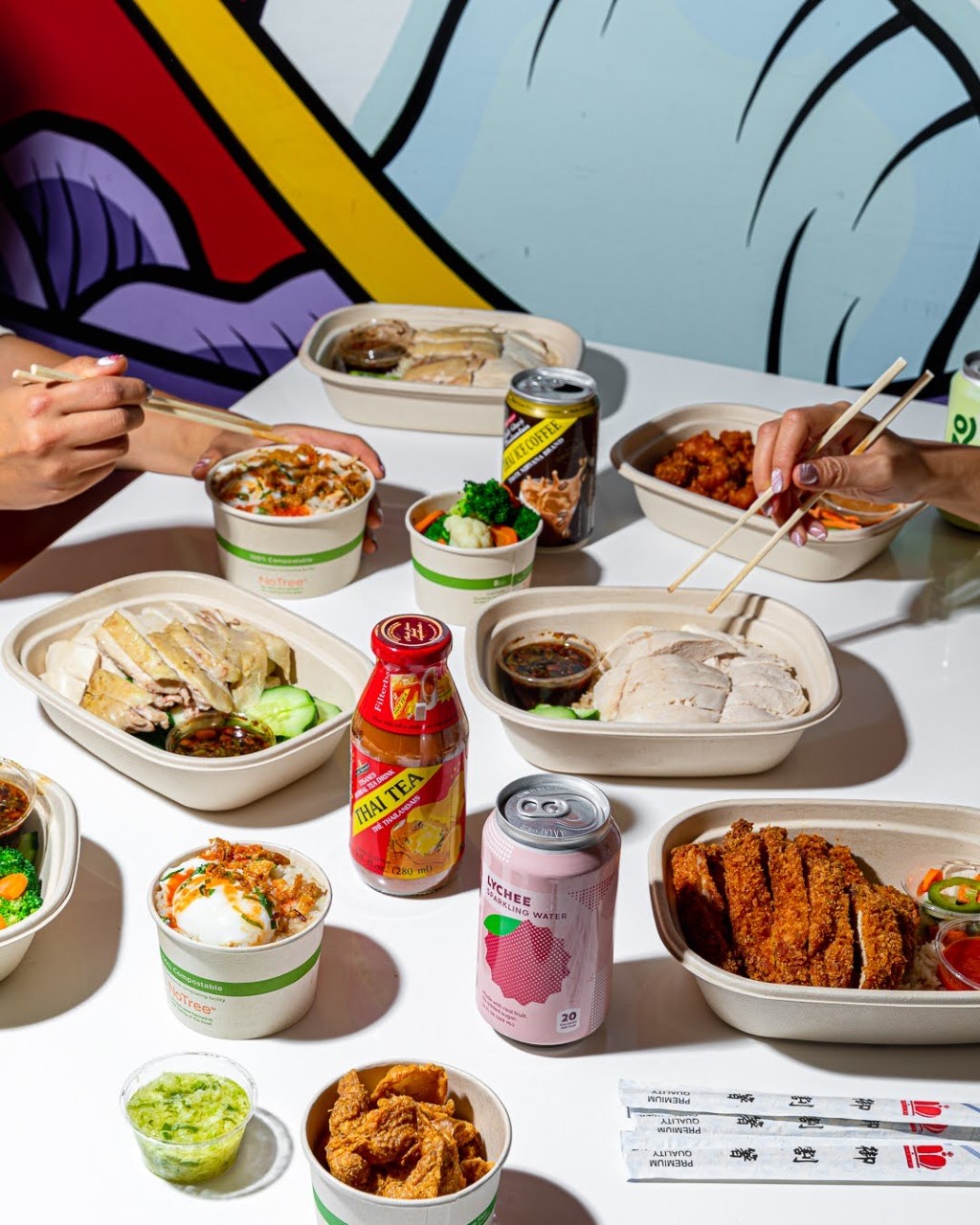Photo by Andreas Klassen on Unsplash
As you can see, the mindset will get you to the top. It’s not about the muscle. While you may need some physical strength to push through a rough patch, your mindset will ultimately determine whether or not you succeed.
Mindset Over Muscle – Building A Solid Business
By Dom Hemingway
The world is changing, and you should also change… But if you’re looking for a way to stay relevant, you first need to change how you think. It’s not enough to go with the flow anymore; that can get your business stuck. Instead, it’s time for you to take charge of your future and start thinking like an entrepreneur. This means learning to build a solid business from scratch by developing the right mindset and skillset. This blog post will explore how changing your mindset can help grow your business by overcoming challenges and taking charge of your destiny as an entrepreneur!
The Growth Mindset
Mindset is the driving force behind your success. So if you want to build a solid business, you need to be able to think in ways that will help you succeed.
A strong belief that you can develop your mindset through dedication and mindset practice is called the “Growth Mindset” and is based on three core ideas:
* Your talents and intelligence can grow with effort
* You can develop skills through practice and instruction.
* The brain is like a muscle; it gets stronger with use.
The best way to improve is to stretch yourself and work on challenges slightly beyond your current abilities. The Growth Mindset is about continually expanding your capacity to be more effective in whatever you do and achieve more of the desired results.
Mental Mastery
Mental Mastery is the ability to control your thoughts and emotions. It’s the key to success in any area of life because it allows you to remain calm and focused. Mental Mastery works even when things don’t go your way, or others are trying to distract you from your goals.
The more you practice Mental Mastery, the better you will become at it—and there are many ways to do so: meditation, affirmations, reading self-help books, and journaling. But here’s a straightforward exercise you can do anywhere. First, close your eyes and imagine yourself having already achieved whatever you want (e.g., being a successful entrepreneur). Then describe what it looks like in as much detail as possible (i.e., how does your business look? How do you feel about yourself?).
This exercise will help you visualize your future and activate the Law of Attraction. Plus, it’s fun!
Mental Mastery is the ability to control your thoughts and emotions. It’s the key to success in any area of life. Mental Mastery allows you to remain calm and focused, even when things don’t go your way or when others are trying to distract you from your goals. The more you practice Mental Mastery, the better you will become at it—and there are many ways to do so: meditation, affirmations, reading self-help books, and journaling. Here’s a straightforward exercise you can do: close your eyes and imagine yourself having already achieved whatever you want (e.g., being a successful entrepreneur). Then describe what that looks like in as much detail as possible. Selling is an Attitude, Not a Skill Selling is an attitude, not a skill.
The more you sell, the better you will get.
I remember sitting in my office on my first work day at a small company. I was nervous but excited to start my new career as a salesperson! I remember thinking: “If they only knew how bad I was at selling!” However, it didn’t matter how good or bad a salesperson you were; what mattered was whether or not your attitude towards selling was positive or negative. It is all about mindset and being determined to succeed no matter what obstacles appear in front of you along the way!
The first day of work was a little nerve-wracking. I was very nervous and had no idea what to expect. I remember walking into the office that morning and being introduced to my manager and other salespeople in my territory. Everyone seemed much older than me, making me feel a little out of place at first. But after talking with them for some time, I realized that we had more in common than not—we all liked sports, cars, travel, and meeting new people!
The Law of Abundance
The Law of Abundance says that the universe is abundant and infinite, and you are a part of it. The energy of your thoughts creates your reality. The more you think about money, the more likely you will attract more money into your life.
The Law of Abundance works because when we focus on what we want in life (for example, wealth), we put ourselves in a positive mindset. It attracts things like opportunities, good luck, or others who share similar goals. So if you want to attract abundance into your life, start thinking about everything related to making money!
The Law of Attraction
The Law of Attraction is a theory that states you attract circumstances, events, and relationships into your life based on your thoughts. This isn’t new information, but it has gained popularity in recent years thanks to the book The Voice of Your Soul.
It’s not magic. It doesn’t mean that if you wish for something hard enough and it happens without any work on your part (other than wishing), then it’s The Secret at work. There are still steps to take for your wish to come true!
The Voice of Your Soul teaches us three steps:
1. Ask – Ask yourself what you want. What do I need? Think about what would improve my life and long-term goals that could benefit me now or down the road.
2. Next, believe – Believe that this will happen or already has happened, even though there may be no evidence.
3. Finally, receive – Be patient while waiting for the manifestation of what we asked for–it may take a while depending on how big of an issue we’re dealing with–and celebrate when something finally happens!
The Secret is a great way to interpret what is happening in your life. If you’re not getting what you want, ask yourself how you can change your thoughts to attract the right circumstances into your life. It may take some time before anything happens, but if it doesn’t, change your wish one more time until you get exactly what you want!
mindset, leadership, the law of attraction, entrepreneur Mindset, leadership, and the law of attraction are three things every successful entrepreneur has in common. These elements can be learned and mastered by anyone. Understanding these concepts will help you to build a solid franchise business.
The challenge for most people is that their minds have been programmed for years by teachers, parents, friends, or society. For example: “Don’t think about it too much; just do it!” “Be practical! You can’t change the world!” Or my favorite one: “How could you possibly make money doing what you’re doing? It’s not realistic!”
These messages may seem harmless enough, but they keep us stuck and prevent us from taking action on our goals because they make us feel like we cannot achieve them. They also create fear around our capabilities which stops us from trying new things and having fun in life – all potent tools for success!
If this sounds familiar, then take some time today to create new beliefs around your ability to achieve whatever goals you set yourself this year. Whether they’re small or big, you must start somewhere.
You can do it! Take one step at a time, and don’t let anyone tell you otherwise. Follow your dream, and don’t allow anyone to steal it!
Conclusion
As you can see, the mindset will get you to the top. It’s not about the muscle. While you may need some physical strength to push through a rough patch, your mindset will ultimately determine whether or not you succeed.













